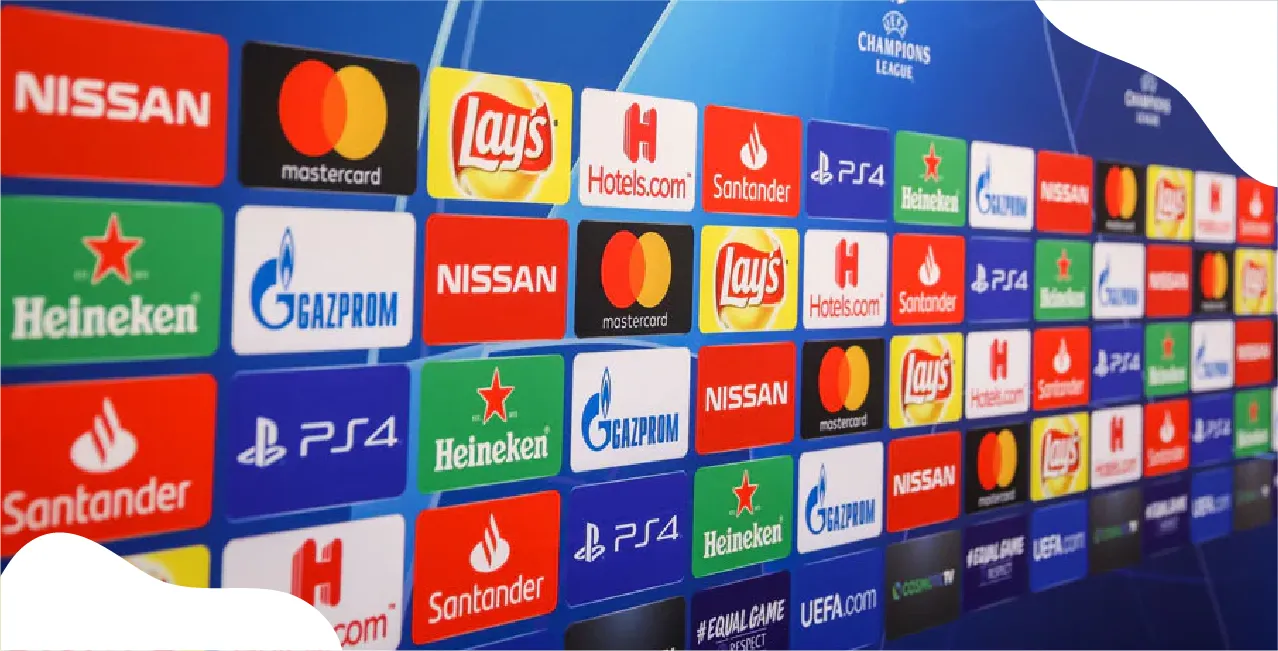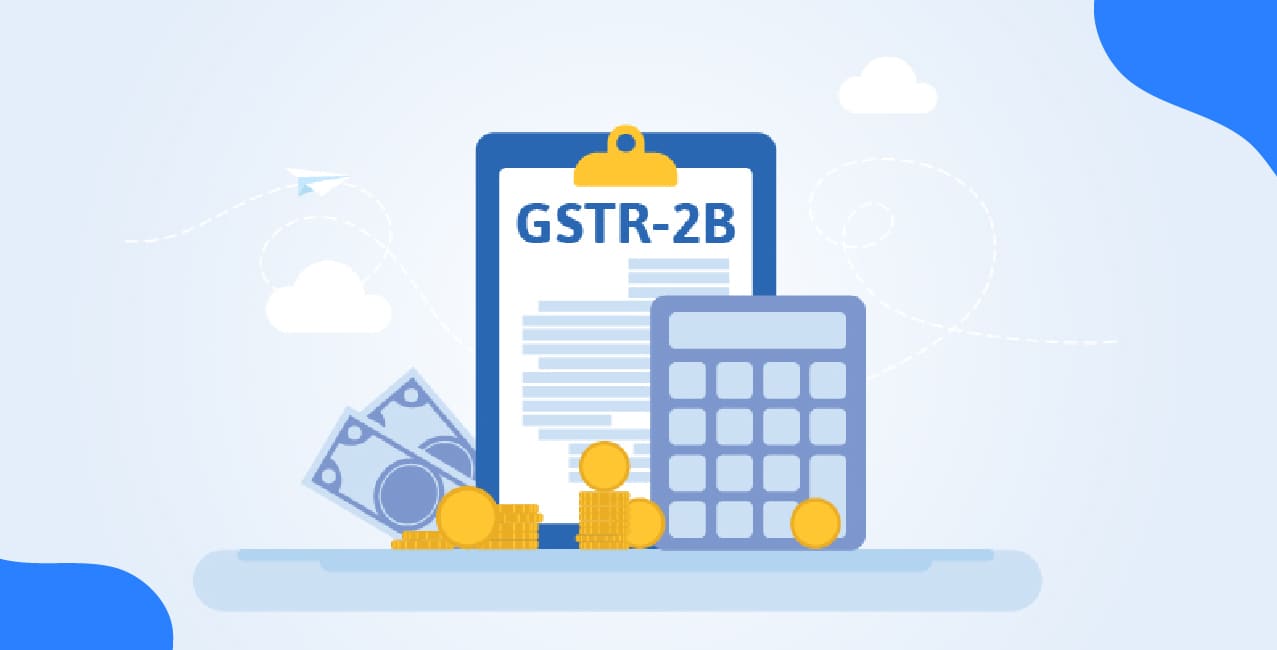GST on Sponsorship – Tax Rate, Exemptions & Reverse Charge

Check Your Loan Eligibility Now
By continuing, you agree to LoansJagat's Credit Report Terms of Use, Terms and Conditions, Privacy Policy, and authorize contact via Call, SMS, Email, or WhatsApp
Let’s say ABC Pvt. Ltd., a Delhi-based manufacturing company, decides to sponsor a corporate sports event organised by a partnership firm in Bengaluru. The sponsorship amount is ₹5,00,000, and the event will feature the company’s logo across banners, social media posts, and event merchandise.
Before 15th January 2025:
Since ABC Pvt. Ltd. is a sponsoring corporate or partnership firm, GST applies under the Reverse Charge Mechanism (RCM).
GST Rate: 18%
GST Amount Payable by ABC Pvt. Ltd. (Recipient): ₹90,000
Total Effective Cost: ₹5,90,000
ABC Pvt. Ltd. can claim Input Tax Credit (ITC) on ₹90,000 if used for business promotion.
After 16th January 2025:
If the event organiser is a body corporate, and the sponsor is also a body corporate, the GST will now be paid under the Forward Charge Mechanism (FCM).
In this case:
The event organiser will charge 18% GST on the invoice.
ABC Pvt. Ltd. will pay ₹5,90,000 (₹5,00,000 + ₹90,000 GST).
ABC Pvt. Ltd. can still claim ₹90,000 as ITC, since it qualifies as a business expense.
This shift from RCM to FCM in specific sponsorship scenarios, effective 16th January 2025, changes who is responsible for paying and reporting GST, but not necessarily the overall tax burden.
GST on Sponsorship – A Short Introduction
Under the GST law, sponsorship services are treated differently depending on who the supplier and recipient are. Sponsorship, though not explicitly defined under GST, can be interpreted from the legacy Service Tax law, which includes naming rights, logo display, or exclusive privileges given to sponsors.
The critical aspect to understand is who pays the tax, the sponsor or the recipient. In most cases, the Reverse Charge Mechanism (RCM) applies, making the recipient liable to pay GST.
GST Applicability: Sponsorship Services under Different Scenarios
Sponsorship services are taxed differently based on who provides the service and who receives it. Below is a detailed table followed by scenario-based explanations with numerical examples.
1. Sponsorship of a National-Level Sports Event
GST Status: Exempt
Liable Person: No GST payable by anyone
Explanation:
If sponsorship is given for a qualifying sports event, GST is not applicable. This includes events organised by:
- National sports federations
- Indian Olympic Association
- Paralympic Committee of India
- Other recognised bodies under Notification 12/2017
Example: ABC Pvt. Ltd. sponsors ₹5,00,000 to the Indian Olympic Association for a national-level sports meet. No GST is applicable since this falls under the exempt category.
2. Sponsorship Service – Until 15th January 2025
GST Status: RCM (Reverse Charge Mechanism)
Liable Person: Service Recipient (Sponsor)
Explanation:
Until 15 January 2025, when a body corporate or partnership firm sponsors any event, it must pay GST under reverse charge, regardless of the supplier’s nature (individual, firm, or company).
Example: XYZ Ltd. (a body corporate) sponsors a leadership event by paying ₹10,00,000 to an event organiser.
- GST Rate: 18%
- GST Payable: ₹1,80,000
- XYZ Ltd. must deposit this ₹1,80,000 to the government under RCM.
The event organiser does not charge GST in the invoice.
3. Sponsorship Service – From 16th January 2025 (Non-Body Corporate as Service Provider)
GST Status: RCM
Liable Person: Service Recipient (Sponsor)
Explanation:
After 16 January 2025, if the service provider is not a body corporate, and the service recipient is a body corporate or partnership firm, the recipient remains liable to pay GST under reverse charge.
Example: Mr. Arjun (a freelance organiser) receives ₹8,00,000 from Alpha Pvt. Ltd. for sponsoring an academic event.
- GST Rate: 18%
- GST Payable: ₹1,44,000
- Alpha Pvt. Ltd. must pay the GST under RCM.
Mr. Arjun will raise an invoice without charging GST.
4. Sponsorship Service – From 16th January 2025 (Body Corporate as Service Provider)
GST Status: FCM (Forward Charge Mechanism)
Liable Person: Service Provider (Event Organiser)
Explanation:
If a body corporate provides sponsorship services to another body corporate or partnership firm from 16 January 2025 onwards, GST must be paid under forward charge, meaning the supplier adds GST in the invoice.
Example: PQR Events Ltd. (a body corporate) charges ₹15,00,000 to Beta Pvt. Ltd. for sponsoring a trade exhibition.
- GST Rate: 18%
- GST Charged: ₹2,70,000
- PQR Events Ltd. collects and pays this GST to the government.
Beta Pvt. Ltd. pays a total of ₹17,70,000 (₹15,00,000 + ₹2,70,000) and is eligible to claim input tax credit (ITC) on the GST paid.
Exemption from Sponsorship of Specified Sporting Events
As per Entry No. 53 of Notification No. 12/2017 – Central Tax (Rate) dated 28th June 2017, sponsorship services provided for certain non-commercial sporting events are exempt from GST.
These exemptions apply when sponsorship is given to events organised by the following entities:
- National sports federations or their affiliated federations
- Association of Indian Universities, Inter-University Sports Board
- School Games Federation of India
- All India Sports Council for the Deaf
- Paralympic Committee of India or Special Olympics Bharat
- Central Civil Services Cultural and Sports Board
- Events conducted under the Panchayat Yuva Kreeda Aur Khel Abhiyaan Scheme
- Events held as part of the national games by the Indian Olympic Association
Purpose of the Exemption:
These provisions aim to encourage grassroots sports development and avoid unnecessary tax burdens on genuine sporting events which are not commercial in nature.
Impact of GST Changes on Sponsorship Services (Effective from 16th January 2025)
A significant shift in the applicability of GST on sponsorship services has been introduced via Notification No. 07/2025 – Central Tax (Rate) dated 16th January 2025.
Comparison of GST Applicability – Before & After 16th Jan 2025
Key Change:
From 16th January 2025, when a body corporate provides sponsorship services to another body corporate or partnership firm, GST must be paid by the supplier under the Forward Charge Mechanism (FCM).
Prior to this date:
- Even if the sponsor was a body corporate, GST liability was on the recipient, under the Reverse Charge Mechanism (RCM).
Post 16th January 2025:
- GST will now be charged on the invoice by the sponsoring body corporate, and the supplier must pay the tax to the government.
Example – Understanding the Change
Case 1 – Before 16th Jan 2025 (RCM)
- Service Provider: ABC Pvt. Ltd. (Body Corporate)
- Service Receiver: XYZ LLP (Partnership Firm)
- Sponsorship Amount: ₹10,00,000
- GST (18%) = ₹1,80,000
- Responsibility: XYZ LLP pays the ₹1,80,000 to the government under RCM
- Invoice from ABC Pvt. Ltd. contains ₹10,00,000 only, no GST added
Case 2 – After 16th Jan 2025 (FCM)
- Same parties, same amount
- GST (18%) = ₹1,80,000
- Responsibility: ABC Pvt. Ltd. must collect and pay the GST under FCM
- Invoice = ₹10,00,000 + ₹1,80,000 = ₹11,80,000
- XYZ LLP can claim ITC on the ₹1,80,000 paid
Definition of Sponsorship Under Legacy Service Tax Law
The Goods and Services Tax (GST) law does not define the term “sponsorship.” Therefore, for clarity, we refer to its definition under the Finance Act, 1994 (Service Tax regime), specifically Section 65(99a):
“Sponsorship includes naming an event after the sponsor, displaying the sponsor’s company logo or trading name, giving the sponsor exclusive or priority booking rights, sponsoring prizes or trophies for competition.”
Key Point:
- This does not include donations or gifts provided without any contractual obligation or expectation of return benefits.
Example: What Counts as Sponsorship?
Let’s consider a company, GreenLeaf Beverages Pvt. Ltd., that agrees to sponsor a city-level marathon.
- Sponsorship Amount Paid: ₹5,00,000
- In return, the organisers agree to:
- Display GreenLeaf's logo on event banners
- Name the hydration zone as "GreenLeaf Water Station"
- Mention the brand in the event’s social media campaigns
GST Treatment:
- This is a sponsorship service because GreenLeaf is receiving tangible brand visibility.
- If the event organiser is a body corporate, and the sponsor is also a body corporate, GST will apply under:
- RCM (Reverse Charge Mechanism) – if the date is before 16th Jan 2025
- FCM (Forward Charge Mechanism) – if the date is on or after 16th Jan 2025
GST Calculation (Applicable Rate: 18%):
- GST Amount = 18% of ₹5,00,000 = ₹90,000
If it’s RCM, GreenLeaf (sponsor) pays ₹90,000 to the government directly.
If it’s FCM, the event organiser collects ₹90,000 and pays it to the government.
Sponsorship vs Advertisement:
Donation or Gift vs Sponsorship:
A donation or gift is not sponsorship if:
- The giver expects nothing in return.
- The receiver is under no obligation to provide publicity.
- The gesture is for charity or goodwill, not branding.
Example of Donation:
- Mr. Mehta donates ₹2,00,000 to a blind school to build a reading room.
- A small plaque reads: “Sponsored by Mr. Mehta.”
- No GST is applicable because:
- There’s no logo display, no event promotion, and no business visibility.
- It qualifies as a pure donation.
Examples of Non-Taxable Gifts/Donations
Conclusion
Sponsorship services are a subtle sector under GST. The regulationsrely not only on the provider of the service, but also on the receiver. From 16th January 2025 onwards, with the recent changes, it is even more crucial to identify the transaction appropriately, particularly for the corporate houses and event organizers.
Knowing whether a sponsorship is Forward Charge, Reverse Charge, or exempt can assist companies in controlling their tax burdens and preventing penalties. Always have good documentation to back up your classification, and consult professionals for complicated arrangements.
FAQs
Q1. Is GST applicable to all sponsorships?
No. GST applies only to taxable sponsorships. Sponsorships for specific sports events may be exempt.
Q2. What is the GST rate on sponsorship?
Sponsorship services generally attract 18% GST.
Q3. Who pays GST under RCM?
The recipient of the service, if they are a body corporate or partnership firm, must pay GST under RCM.
Q4. Can ITC be claimed on sponsorship services?
Yes, but only if the GST is paid under RCM or FCM and the service is used for business purposes.
Q5. Is there GST on donations made to NGOs or temples?
No, as long as they are genuine donations or gifts with no commercial promotion attached.
Q6. How do I classify sponsorship of a charitable event?
If the sponsor gains no promotional benefit, it can be classified as a donation and will be non-taxable.
Other Important GST Pages | ||||
About the author

LoansJagat Team
Contributor‘Simplify Finance for Everyone.’ This is the common goal of our team, as we try to explain any topic with relatable examples. From personal to business finance, managing EMIs to becoming debt-free, we do extensive research on each and every parameter, so you don’t have to. Scroll up and have a look at what 15+ years of experience in the BFSI sector looks like.
Subscribe Now
Related Blog Post
Recent Blogs
All Topics
Contents
Quick Apply Loan
Consolidate your debts into one easy EMI.
Takes less than 2 minutes. No paperwork.
10 Lakhs+
Trusted Customers
2000 Cr+
Loans Disbursed
4.7/5
Google Reviews
20+
Banks & NBFCs Offers
Other services mentioned in this article








